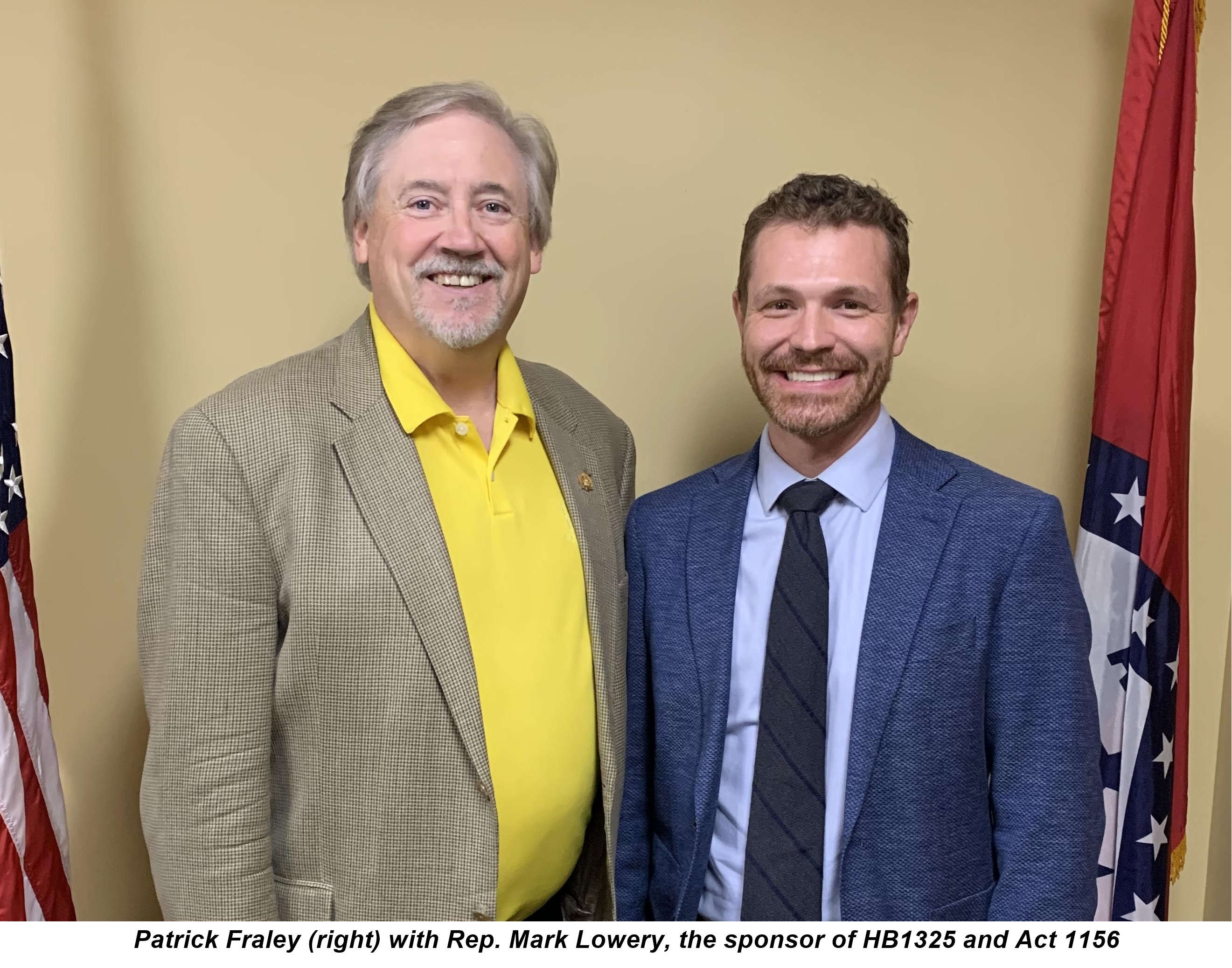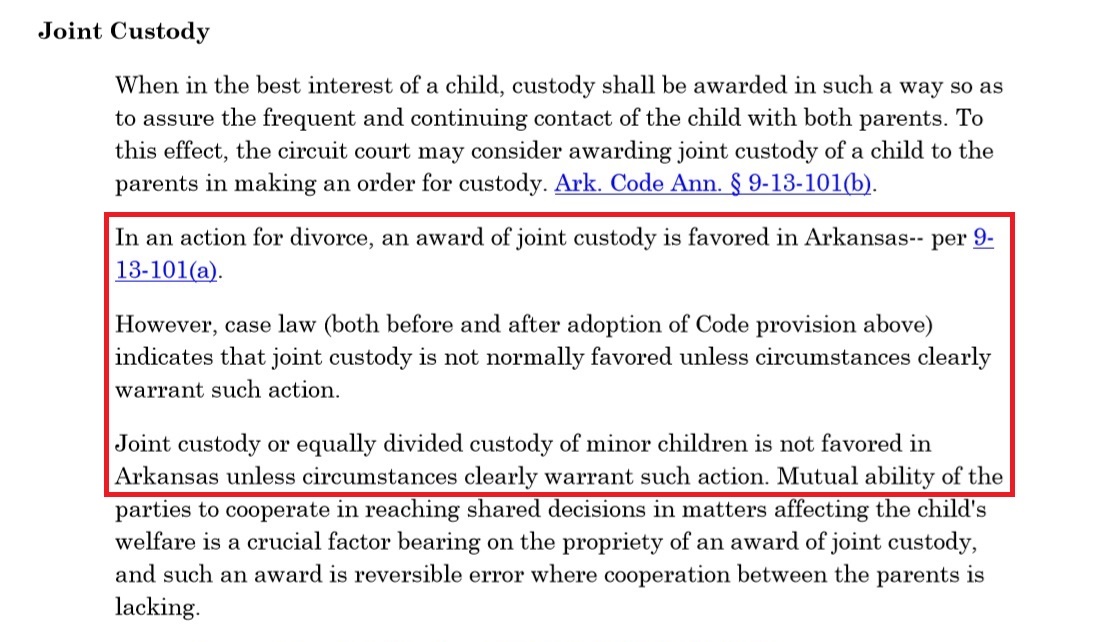
December 10, 2019 by Robert Franklin, JD, Member, National Board of Directors
Once again, a court has ignored the plain meaning of the Hague Convention on the Civil Aspects of International Child Abduction. Once again, a child is left in the custody of an alienating mother. Once again, a fit father is removed from his child’s life. Once again, the very courts that are supposed to discourage international child kidnapping in fact endorse it.
This time the mother’s destination was New Zealand and the child’s country of habitual residence was somewhere in Europe (the article doesn’t say which country). But, as in so many other cases, the result is the same – Mom managed to elude authorities long enough so the courts ruled that the child’s “best interests” can only be served by leaving her in the custody of an abuser and effectively removing the father from her life.
Such is the way of the Hague Convention that was written to prevent exactly that from happening.
This highly informative article tells the tale (New Zealand Herald, 12/2/19).
Five years ago, the mother abducted the child from Europe to New Zealand. The girl’s father tried for three years to locate her and, only through dumb luck, eventually succeeded. He immediately filed a suit under the Hague Convention for return of the girl to him and her home country.
At that point, the Hague Convention intends that the court in the country to which the child is abducted ask the question, “What is the child’s country of habitual residence?” In other words, was the child taken from her home by an abductor or to her home from an abductor? Clearly, the European country in which she’d been born and lived all her life was her country of habitual residence. Therefore, according to the Convention, the girl should be returned home and any legal proceedings occur there.
But the family court in New Zealand wrongly refused to issue an order requiring the girl’s return to her father in Europe. I know that to be wrong because (a) the Convention is very clear on what a court is to do and (b) the New Zealand Court of Appeal said so.
The family court’s incorrect ruling was in 2017. Now the Court of Appeal has endorsed that wrongful order, all the while stating that it was wrong.
Despite finding, the Family Court was wrong in the first place to refuse to grant an order in 2017 under the Hague Convention, and criticising the actions of the mother, the Court of Appeal said too much time had now passed to send the girl back to her homeland.
Stated another way, the precise wrong that the Convention seeks to right has been endorsed and abetted by both New Zealand courts. For the umpteenth time, courts have sent the unambiguous message: “If an abducting parent successfully avoids the authorities long enough, her/his actions will go unpunished, regardless of how detrimental they’ve been to the child. This we will call “acting in the best interests of the child.”
And, speaking of actions detrimental to the child, here’s how the European court described Mom’s behavior while she and the child were still there.
“The ingrained resentment the mother holds against the father, now significantly impairs the mother’s ability to raise her daughter … with her actions, the mother wilfully and significantly disregards the interests of her daughter,” the European court judgment said.
So the court gave custody of the child to her father.
The courts in their home country awarded sole custody to the father after the mother repeatedly refused to let him see their daughter.
But rather than changing her ways, rather than obeying the court’s order, Mom doubled down. Not content with merely thwarting his visitation time, she secretly left the country, violating the court’s orders and national and international law.
Unfortunately, Dad made a mistake. Following the flagrantly wrong decision by the New Zealand family court, he hired a couple of private investigators who helped him take his daughter from her school. The article gives no hint of how long he had her, but clearly it wasn’t long.
The father said he took the extraordinary step to re-establish contact with his daughter, whom he had not seen in nearly five years, after his former partner secretly took her from their homeland in Europe…
“All I want is to be part of my daughter’s life and a child needs both parents,” he told the Herald.
But his action weighed against him in the Court of Appeal. Exactly how he was supposed to see his daughter without the type of action he took, none of the judges, who refused to enforce the law, explained.
So let’s consider what was and wasn’t punished by New Zealand courts. What wasn’t punished was five years of child abduction, plus refusal to grant access in Europe. What wasn’t punished is what’s been accurately termed child abuse, i.e. the removal of a child from a parent and the only home she’s ever known to live a life in hiding, apart from extended family members and often changing schools and places of residence to avoid apprehension. What wasn’t punished was the frank and malicious denial of a father’s parental rights and a child’s right to a relationship with her dad.
What was punished was a father’s desperate and admittedly unwise decision to get a bit of time with his child, time to which European courts have said he’s entitled, but which Mom and the New Zealand courts have denied.
But Dad’s focus isn’t just on his own case, he sees the larger picture too.
If his daughter was not returned, the father said New Zealand would become the destination of choice for parents who choose to flout custody orders in their home country.
Indeed, I think we can count on it.







 Another attempt was made in 2019 to bring Arkansas law in line with modern psychology, public opinion, and proven best outcomes for children. HB1325 was introduced to make joint custody a presumption – a defined legal term with less room for re-interpretation. The only spoken opposition came from attorneys inside and outside the legislature. In addition to the common arguments seen elsewhere, they stated that since joint custody was “favored” in Arkansas, a presumption wasn’t necessary – not being clear as to what “favored” actually meant. As a result, the bill did not make it out of committee.
Another attempt was made in 2019 to bring Arkansas law in line with modern psychology, public opinion, and proven best outcomes for children. HB1325 was introduced to make joint custody a presumption – a defined legal term with less room for re-interpretation. The only spoken opposition came from attorneys inside and outside the legislature. In addition to the common arguments seen elsewhere, they stated that since joint custody was “favored” in Arkansas, a presumption wasn’t necessary – not being clear as to what “favored” actually meant. As a result, the bill did not make it out of committee.




